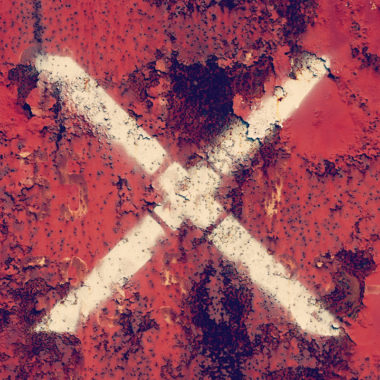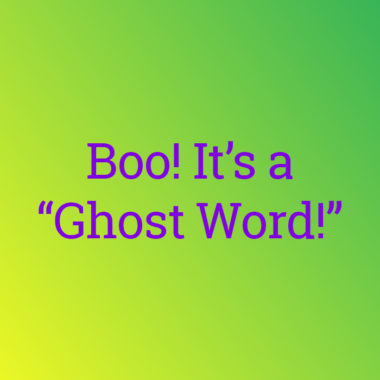These Plain Words Have Very Odd Origin Stories
Most people have fairly rigid ideas about what words mean, but the thing about language is that it’s constantly changing. Words that mean one thing today may expand in definition over the coming decades or come to mean the complete opposite of their current definition once a few hundred more years pass. Sometimes, words even change meanings entirely, leaving behind little trace of what they …











